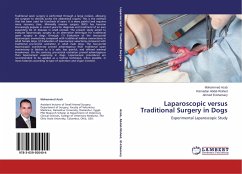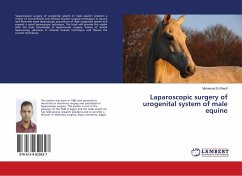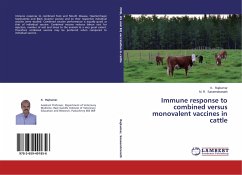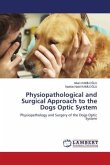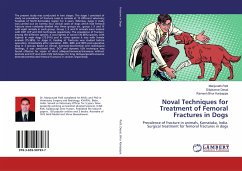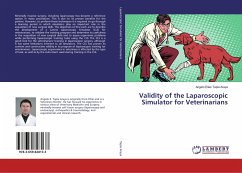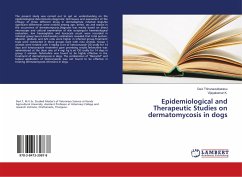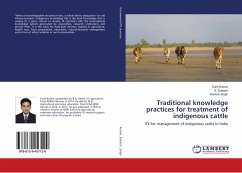Traditional open surgery is performed through a large incision, allowing the surgeon to directly access the abdominal organs. This is the method that has been used for hundreds of years. It is more painful and requires more recovery time. Minimally invasive surgery (MIS) has become increasingly popular in recent years for diagnosis and treatment of an ever expanding list of diseases in small animals. The present study aimed to evaluate laparoscopic surgery as an alternative technique for traditional open surgery in dogs, through: (1) Evaluation of the two-portal laparoscopic ovariectomy compared with traditional midline ovariectomy in adult female dogs. (2) Evaluation of laparoscopic vasectomy compared with traditional pre-scrotal castration in adult male dogs. The two-portal laparoscopic ovariectomy proved advantageous than traditional open ovariectomy in bitches as it is safe, less painful, and offered minimal invasiveness. On the contrary, pre-scrotal castration proved advantageous than laparoscopic vasectomy in dogs. Laparoscopic procedures are recommended to be applied as a routine technique, when possible, in most instances according to type of operation and organ involved.
Bitte wählen Sie Ihr Anliegen aus.
Rechnungen
Retourenschein anfordern
Bestellstatus
Storno

